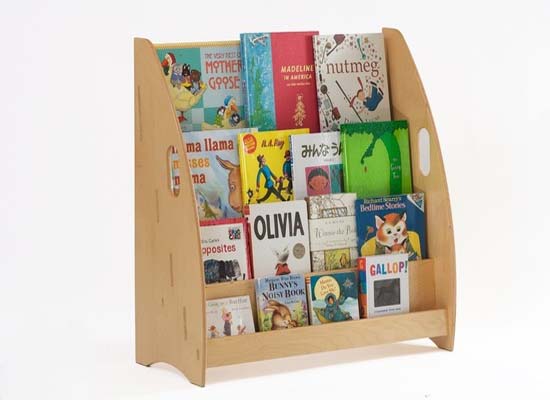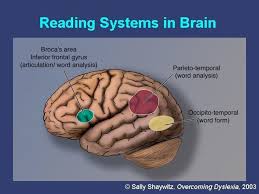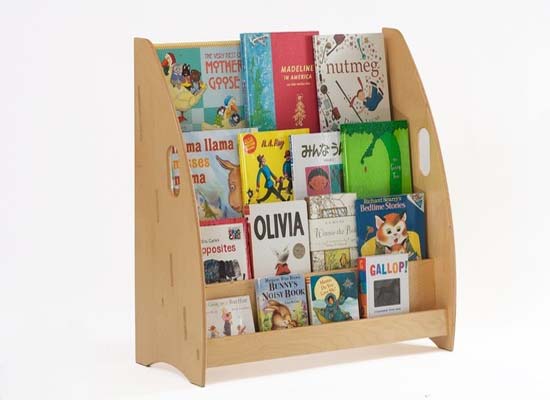In addition to helping with later school work, language helps a child express himself which can prevent tantrums and other behavior problems. There is a high correlation between behavior problems and language delays.
Children need a variety of books to help with language development. Look for books that highlight the following:
Vocabulary– Supports young children’s ability to absorb vocabulary. Preschool children can learn almost 20 words a day. (Copple & Bredekamp, 2009)
Rhyme/Rhythm, Songs– Attunes the ear to the sounds of the language. Phonological awareness increases literacy skills. (Report of the National Early Literacy Panel, 2008)
Story/theme– Adds and creates new concepts about the world.
Full sentence structure – Exposes children to grammar. Given the proper exposure, children will have absorbed the basic grammatical structures of the English language by the age of four (Cook, Klein & Tessier, 2008).
Predictable text- Helps with receptive language skills. Aids children with actively engaging with the text.
References
Cook, R., Klein, M. D., & Tessier, A. (2008). Adapting early childhood curricula for children with special needs (Seventh ed.). Upper Saddle River, NJ:
Pearson/Merrill Prentice Hall. (Original work published 1983)
Copple, C., & Bredekamp, S. (Eds.). (n.d.). Developmentally appropriate practice
in early childhood programs (Third ed.). Washington, DC: National
Association for the Education of Young Children. (Original work published
2009)
Report of the National Early Literacy Panel. (2008). Developing early literacy
(T. Shanahan, Ed.). Jessup, Maryland: National Center for Family Literacy.



